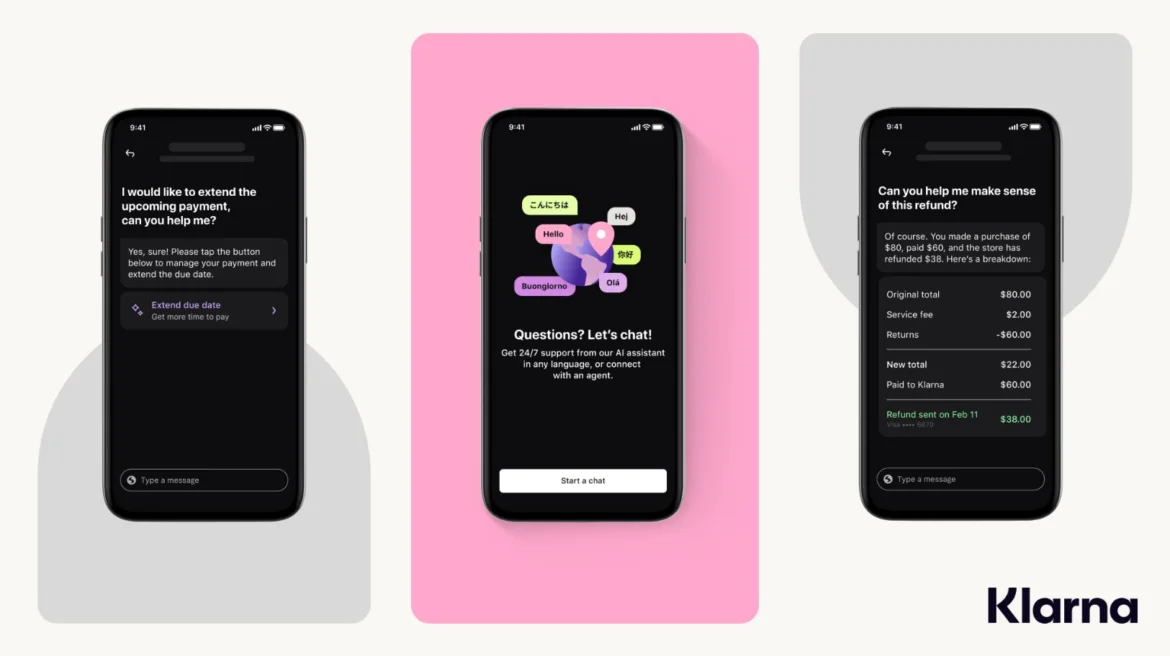Klarna, a prominent fintech company known for facilitating e-commerce transactions for various global brands, has recently made headlines with its adoption of artificial intelligence (AI). Partnering with OpenAI, Klarna has successfully implemented an AI-powered chatbot, revolutionizing its customer service operations. This chatbot, inspired by OpenAI’s ChatGPT, has proven to be remarkably efficient, handling inquiries for Klarna’s vast customer base, equivalent to the workload of 700 full-time employees.
The integration of AI into Klarna’s operations has led to significant changes in the company’s hiring practices. While Klarna’s AI-driven approach has generated superior customer experiences, increased efficiency, and driven a projected $40 million profit improvement, it has also altered the workforce landscape. The company’s headcount has reduced by approximately 25% compared to the previous year, a shift attributed partly to the effectiveness of AI in handling customer inquiries.
Sebastian Siemiatkowski, CEO of Klarna, emphasizes the transformative impact of AI on the company’s growth trajectory. In a statement, Siemiatkowski highlights the benefits of AI in providing better returns for investors and more interesting challenges for employees. Despite concerns among workers regarding job security, Klarna reassures its employees that the adoption of AI has not resulted in layoffs but rather aims to enhance efficiency and productivity.
Additionally, Klarna’s strategic focus on AI aligns with its plans for potential future growth. The company is reportedly exploring options for an IPO, seeking a valuation of $20 billion, indicating confidence in its AI-driven business model. Klarna’s success story underscores the growing importance of AI in the fintech sector and its potential to drive significant operational improvements and financial gains.
Meanwhile, the impact of AI on traditional call center operations has sparked discussions within the industry. Teleperformance, a French call center group, recently faced a 20% decline in shares amid concerns over the role of AI in its business model. CEO Daniel Julien acknowledges the value of AI in enhancing employee accuracy but emphasizes the irreplaceable role of human interaction in customer service.
Despite challenges, Teleperformance remains optimistic about the opportunities presented by AI integration. The company views AI as a complement to human employees, emphasizing the importance of trust, empathy, and reassurance in customer interactions. Teleperformance’s approach reflects a broader acknowledgment within the industry that AI, while transformative, cannot fully replace the unique qualities of human interaction.
As companies navigate the evolving landscape of AI integration, they must balance technological advancements with the preservation of human-centric values in customer service. The experiences of Klarna and Teleperformance offer valuable insights into the complex interplay between AI, workforce dynamics, and customer relationships in the digital age.
For more such insightful news & updates around AI or Automation, explore other articles here. You can also follow us on Twitter.


Leave a Reply